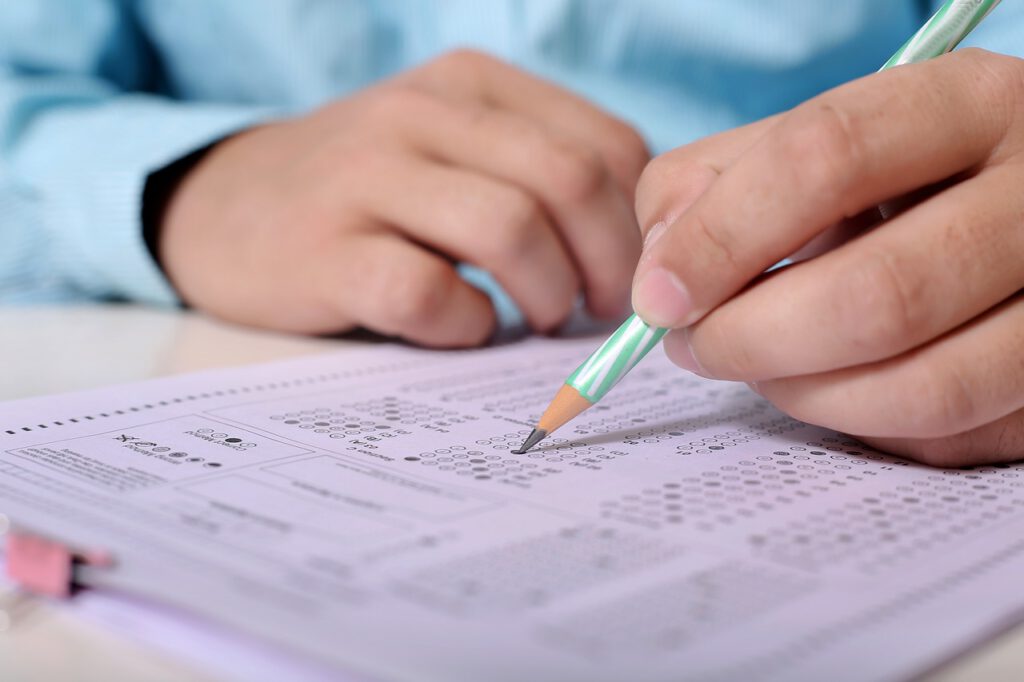More than 300,000 students facing unfair exam grading this summer, disability organisations warn

- Hundreds of thousands of young people could be assessed for GCSE, AS and A-level grades without the support they would normally receive.
- Four organisations fear this could see students hit with a huge unfair disadvantage.
- They are urging Ofqual and the Department for Education to take the students’ needs into account when deciding on assessment rules for 2021.
More than 300,000 students across England are facing unfair grading this summer and it could hit them with decades of disadvantage, disability organisations have warned.
Under normal circumstances, students with special educational needs, disabilities or temporary injuries often receive adjustments like extra time or rephrased questions for exams, giving them the same chance to perform to their potential.
However, with students not sitting GCSE, AS or A-Level exams this year because of the COVID-19 pandemic, hundreds of thousands of them could now be assessed without that extra support in place.
New arrangements for grading in 2021 are being decided by Ofqual, but the National Deaf Children’s Society, Royal National Institute of Blind People, the Professional Association of the Vision Impairment Education Workforce (VIEW) and the British Association of Teachers of the Deaf have serious concerns that the needs of disabled students won’t be included in the decision.
The group says that if assessments are based on past performance, such as mock exams or classroom work, students risk being assessed without the adjustments they would get in formal exams, condemning them to artificially lower grades.
Where this happens, it says the lack of adjustments must be taken into account and grades adjusted accordingly, with the student given full right of appeal against their result.
Among the huge numbers of students affected, around 5,500 are deaf or visually impaired. Deaf children often receive additional support like extra time, rephrased questions and translation into British Sign Language. Many children with vision impairment also receive extra time and may need access to modified papers in large print or braille.
The four organisations say that specialist staff, such as Teachers of the Deaf and Qualified Teachers of Children with Vision Impairment, will be crucial in helping to make fair grading assessments and are calling on exam centres and awarding bodies to consult with them closely.
Martin McLean, Education Policy Advisor at the National Deaf Children’s Society, said:
“It’s completely unfair to give any student potentially life-changing grades based on situations they couldn’t access. Yet without strong and decisive action, this is exactly what will happen and it could mean 300,000 of them are graded unfairly.
“Ofqual has the evidence and expert opinions it needs to stop this happening, but it must provide a clear and decisive plan to make exam centres and awarding bodies clear on the way forward.
“These students are already facing the challenge of their educational lifetimes to catch-up and have a huge amount of work ahead. We must give each and every one of them the chance to succeed.”
Caireen Sutherland, Principal Education Officer at RNIB, said:
“Young people with vision impairment must be given the same opportunity as their sighted peers to achieve the grades they deserve.
“These results could affect their lives for years to come, so it’s vital that accessibility arrangements and the views of specialists are taken into account when these grading decisions are made.”











Responses